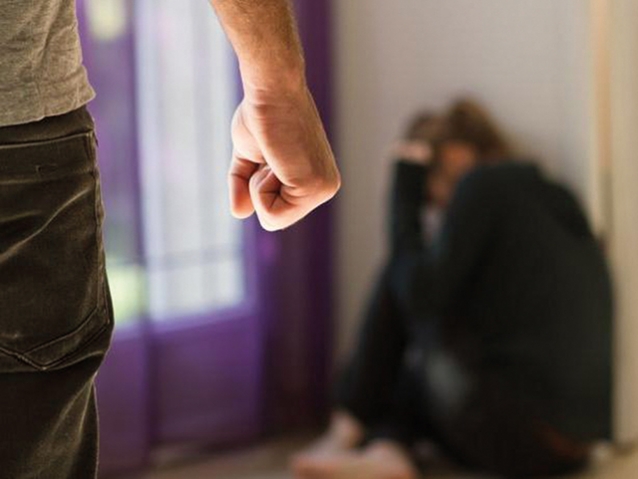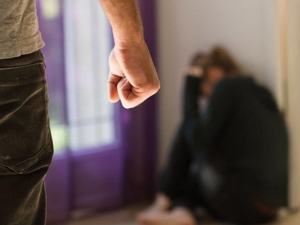Georgian Human Rights Activist Speaks on Possible Domestic Violence Increase during Isolation
Domestic violence is one of the top challenges that Georgia faces, and while the state of emergency is on, and the vast majority of the population is either in quarantine or in isolation, numerous people now find themselves locked in with their abusers.
Eka Aghdgomelashvili, a member of the Women's Initiatives Support Group, is among those activists calling for special attention to be focused on vulnerable groups and victims of violence during the coronavirus crisis.
She says that victims of domestic violence are particularly in need of attention and at least moral support during the virus outbreak and in emergency situations.
Aghdgomelashvili explains that when we say that the whole world is unprepared for the spread of COVID-19, it does not imply only the readiness of the healthcare systems but also the social problems caused by the pandemic.
She noted that the virus has the most severe impact on those groups or individuals who are socially and economically vulnerable, and adds that examples from China, the US and the UK have shown that in the quarantine zones, where large numbers of the population are following compulsory quarantine rules, the rate of domestic violence has increased significantly.
“We need to face the crisis and be prepared to leave no group, no people on whom today's situation can impact, without support,” the NGO representative says.
Although Georgia has no statistics on domestic violence during the coronavirus epidemic at this stage, Aghdgomelashvili believes that the scenario of events is more or less the same in every country and she does not expect a different picture in Georgia.
"Of those quarantined people who lost their day-to-day income and are involved in the ‘Stay at Home’ campaign, who have to choose between hunger and safety, there are people who will be locked up in a single space with a potential abuser,” she stressed.
She explains that many abusers use isolation as a tool of unconditional control over victims of domestic violence. They try to control their victims, restricting their contact with the outside world, prohibiting work, their meeting family members or interacting with neighbors.
“The reality is that victims of domestic violence primarily turn to their social circles for help, rather than the State,” said Aghdgomelashvili, adding that the pandemic itself, isolation-related stress, fears of losing a job, and other factors may provoke the abuser, and under quarantine they will have complete control over their victim.
That is why the human rights activist believes that even in this crisis, the State should be very careful not to deteriorate the quality of the fight against domestic violence. For example, by separating victims from abusers and putting them in quarantine separately.
The statistics of Georgia’s Interior Ministry read that 10,266 restraining orders were issued to protect victims from domestic violence last year, which is 34% more than in 2018. The ministry says the order was violated by 376 individuals, which is a decrease compared to the previous year. It further reports that the number of people convicted for driving a family member to suicide has increased. In total, 4564 persons were charged with domestic violence and domestic crimes in Georgia last year. In 2020, the ministry says they had issued 948 restraining orders as of February 15.
By Tea Mariamidze
Image source: dailynews.lk












